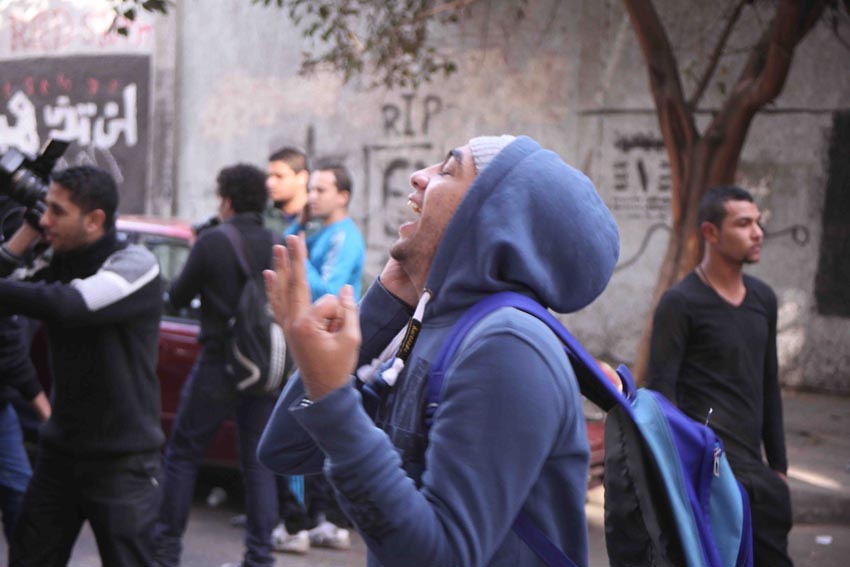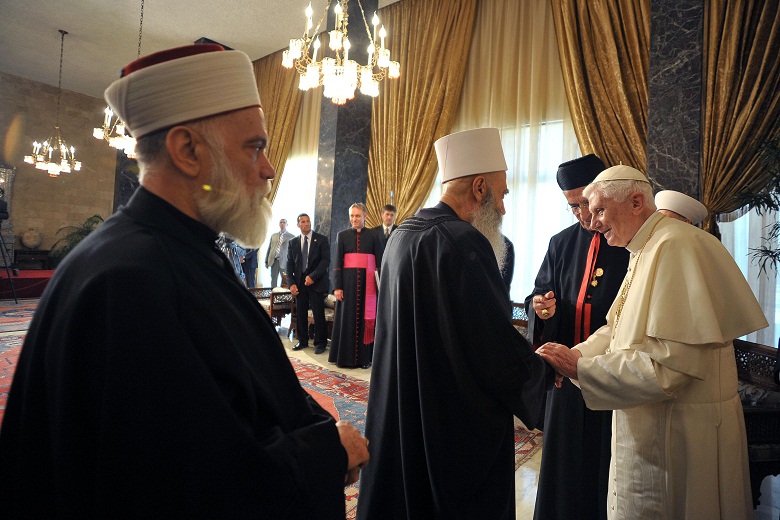For several days, the media has been slamming civil opposition formed of political groups and figures, including former presidential candidates Hamdeen Sabahi and Khaled Ali, after they launched a campaign calling for boycotting the upcoming presidential election. Such criticism was further reflected in op-eds published in Sunday’s newspapers, occasionally putting civil forces and the outlawed Muslim Brotherhood (MB) group in the same basket.
In state-run daily Al-Ahram, head of the Supreme Media Council Makram Mohamed Ahmed wrote an op-ed titled “Why do they hate [President Abdel Fattah Al-Sisi]?”, in which “they” referred to the MB, which according to him, are behind the calls for boycott. Ahmed argued that the group is desperate to return to political life but that the people will face their conspiracy by going to the ballet boxes in “a majestic event.”
On the failed “conspiracy”, the newspaper’s former chairperson Morsi Atallah wrote that all those groups are united by their wish to remove Al-Sisi from power.
Also in Al-Ahram, writer Sakina Fouad wrote, “where was the opposition before and why did it wait until the last minute?”, saying it has the upcoming four years to reorganise itself. Writer Amr Abdel Sameea’s column tried to respond to sarcastic comparisons between the election in Egypt and Russia of being farce elections, saying the only thing the two situations have in common is that they are targeted by foreign agendas, especially from the US, to weaken the independence of their political leadership.
Journalist Nabil Omar opined that boycotting the election would mean giving up the right to demanding accountability and joining the “couch party”, saying people should instead vote and express their demands to resist those inciting to boycott. As for renowned writer Amina Shafiq, she focused on removing the obstacles facing political movements and Al-Sisi having responsibility towards reviving political life.
Likewise in state-owned newspaper Al-Akhbar, criticism against calls to boycott was voiced. Mohamed Barakat wrote that the civil opposition was mistaken to believe that they have credibility among the public and that they “could move them in the direction they desire to.” Iman Nour also wrote, “we will not fall for this trap” and that people are capable of facing the claims and boycott calls of the opposition. In a more insulting tone, Al-Akhbar’s Walid Abdel Aziz called opposition members “liars”, “mercenaries,” “hypocrites”, and “useless.”
Boycott calls had their share of criticism in privately-owned newspapers too. In Al-Masry Al-Youm, writer Hamdy Rizk wrote an op-ed titled “Sleeping in the MB’s bed”, in which he slammed the group and others who dealt with them and called for their return through political reconciliation post-30 June 2013.
In Al-Watan newspaper, Wael Lotfy said the problem with the civil opposition group is that it might not be as independent as it seems as its members previously played a role in Egyptian politics and are linked to foreign entities hostile to Egypt, accusing them of aiming to allow foreign interference in the country.



